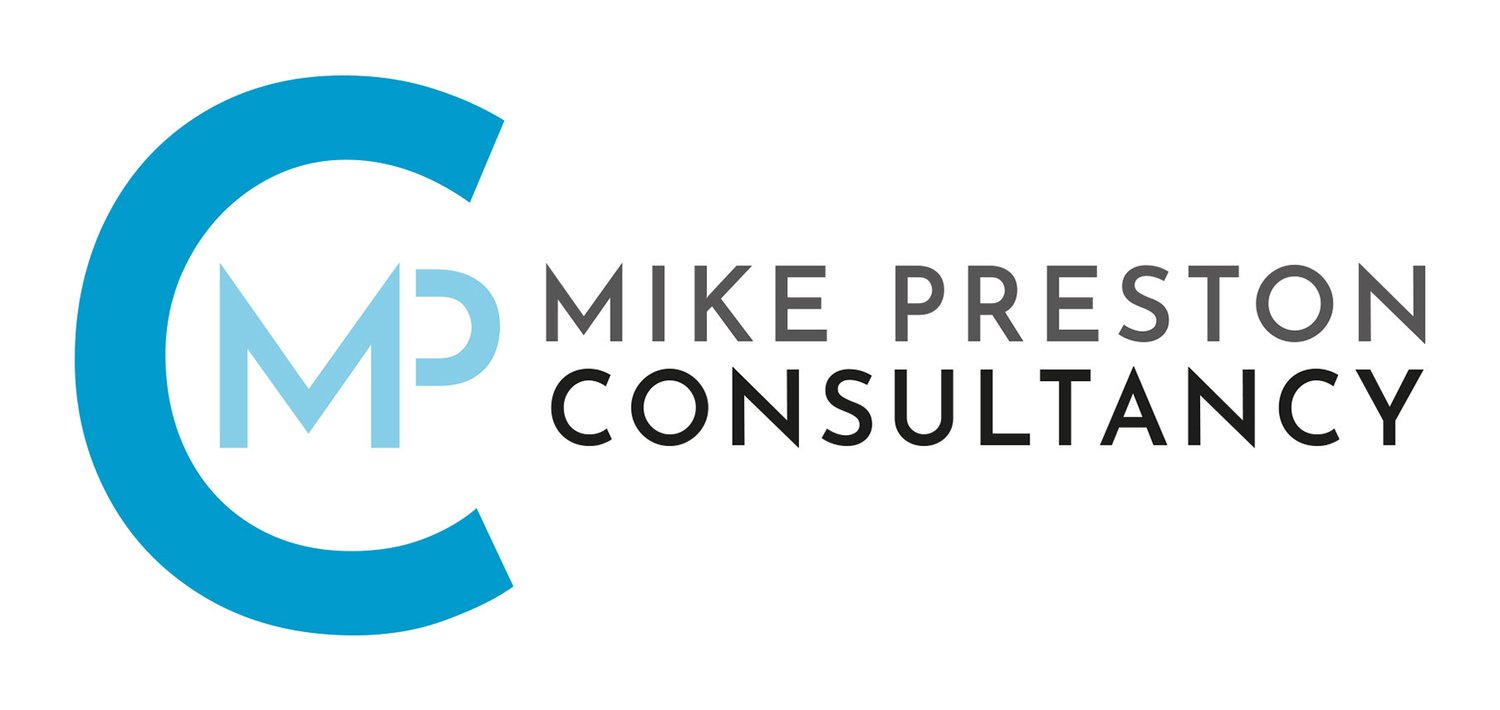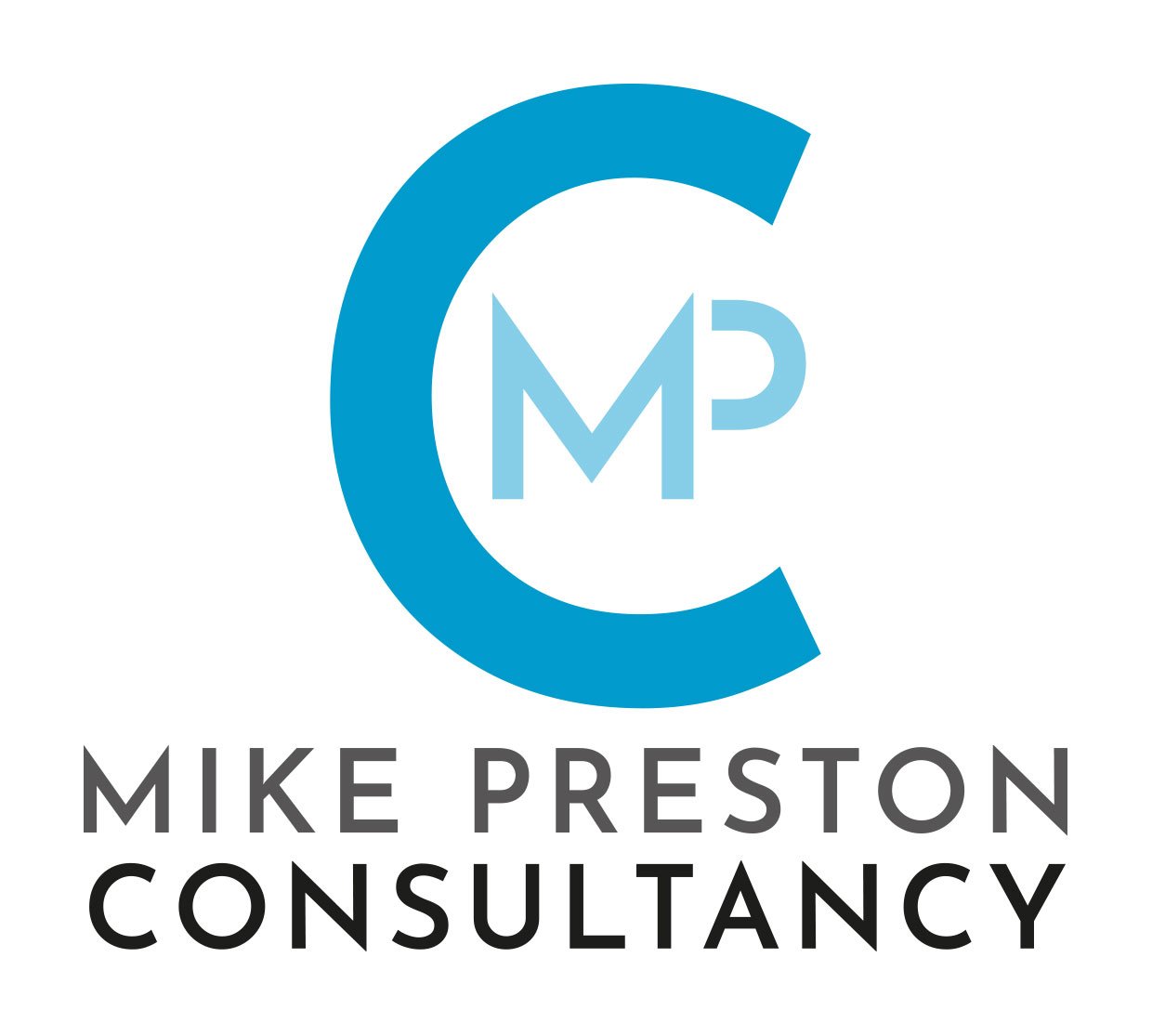Empowering Realities: Insightful Lessons for Your First Trustee Meeting
When facing my first trustee meeting, my mind was a whirlpool of emotions - anticipation, anxiety, excitement, and fear - each grappling for dominance. A wave of questions buzzed like a swarm of bees in my head – Will my voice be heard? Can I make a meaningful contribution? Is my inadequacy going to be glaringly evident? These sentiments, I realised, were fueled by common misconceptions around trustee meetings - the notoriously formal environment, inflexible protocols, and the stifling hierarchies. To my surprise, those fears were mostly unfounded. Navigating the labyrinth of my first trustee meeting offered not just challenges, but also rich opportunities for growth. It became a valuable platform to learn, collaborate, and contribute, witnesses to the transformative power of these meetings when approached with an open mind and heart.:
I. Preparing: Understanding the Agenda & What Etiquette to Expect
Understanding the meeting's structure beforehand can greatly improve your experience and contribution. Make sure to familiarize yourself with the agenda and understand the etiquette expected, such as when to speak in meetings or how to voice disagreements respectfully. Remember, each trustee meeting is an opportunity to learn and contribute to the organization's growth.
II. Pre-Meeting Homework: Understanding the Reports and Knowing What Matters to You
Before attending the meeting, go through all relevant documents—financial statements, annual reports, and strategic plans. Identifying key points that matter to you, and how they align with the organization's mission, can help you contribute intelligently to conversations.
III. Introductions: Understanding the Flexibility Within Structured Protocols (Delegated Responsibility)
Even though trustee meetings have a structured protocol, there is flexibility within this structure. This is especially true when tasks and responsibilities are delegated. It's important to understand this dynamic, as it can help you see where your skills might be most effectively utilized.
IV. Effective Communication: The Art of Listening, Constructive Arguments and The Power of Persuasion
Communication is fundamental in trustee meetings. Effective communication includes listening attentively, making constructive arguments, and persuading others. It's crucial to remember that everyone at the meeting shares a common goal – advancing the mission of the organization.
V. Managing Fears: Handling Emotionally Challenging Situations and Handling a Conflict of Interest
Trustee roles often come with challenges; daunting scenarios, conflicts of interest, or emotionally charged situations are quite common. Understanding how to manage these situations fosters a positive and effective environment.
VI. Asking Questions: There's no such thing as a stupid question, just the decision not to ask it.
Finally, remember to ask questions. You're new to the role, and this is a learning curve. Every question you ask helps enhance your understanding and aids your capacity to be a more effective trustee.
In summarizing, attending your first trustee meeting can be a remarkable journey of personal and professional growth. From understanding meeting etiquettes to learning how to actively contribute, each step serves to empower you in your role. And while moments of doubt and challenge will arise, remember - asking questions is an integral part of this learning curve. No doubt is too trivial if it helps you become a more effective trustee. At Mike Preston Consultancy, we're dedicated to supporting trustees like you, helping you develop the necessary skills and providing a roadmap for your trustee journey. Our comprehensive training programs are designed to transform your experience from initial overwhelm into confident engagement, setting you firmly on the path of being a productive contributor to your organisation. So believe in your abilities, step into the arena with confidence – and remember, the right support is just a click away.


